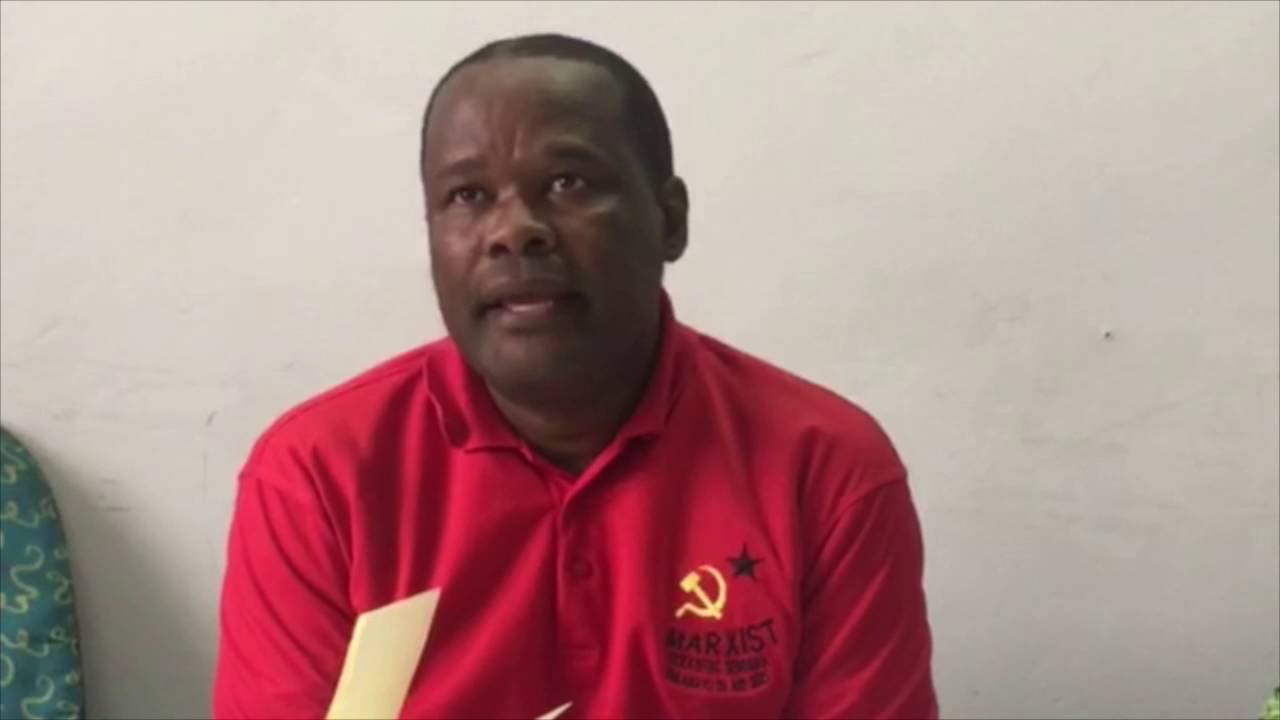The Zimbabwe Community in South Africa says the public school in Pretoria that was teaching Shona received permission from South African authorities and doesn’t understand why South African political activists protested against it.
Chairperson of the Zimbabwe Community in South Africa, Ngqabutho Nicholas Mabhena, believes Shona can be taught in South African schools like other foreign languages.
On February 12, 2024, deputy president of the Patriotic Alliance party, Kenny Kunene, led activists wearing green party T-shirts to Esikhisini Primary School in the Atteridgeville area “to stop” the teaching of the Shona language.
Kunene, who held talks with school authorities, claimed that 20% of the pupils enrolled were reportedly Zimbabwean, while the activists sang and danced outside the school demanding that Zimbabwean students and the Zimbabwean chairman of the School Governing Body (SGB) be removed.
Discussing the topic, Mabhena said Zimbabwean parents in South Africa had applied for permission from South Africa’s Department of Basic Education for Shona to be taught in the school.
“We understand they were cleared for Shona to be taught, so we don’t understand this demonstration. Why demonstrate against such a thing when you haven’t demonstrated against the teaching of the Chinese language, for instance?” he questioned.
“The Chinese language is taught in some Zimbabwean schools, but no one has demonstrated. Chinese is not an official language in South Africa, so why demonstrate against an African language?”
Mabhena said the reality of the situation was that there were parents of Shona origin in South Africa who wanted their children to learn the language, so they cooperated with the school to offer it.
“This was to allow their children to continue conversing in the Shona language. There is nothing wrong with that. There is nothing wrong with Nigerians teaching their Nigerian language, if they want their children to learn Igbo. There is nothing wrong with parents from the Democratic Republic of Congo wanting the same either,” said the chairperson.
“We don’t see anything wrong because it is not forced on the entire population. It is only offered to those who want to learn the language in any case. These are Shona-speaking people who are in South Africa, and their children attend South African schools.”
The migrant leader questioned those who opposed the teaching of an African language while supporting foreign languages in South African schools.
“Shona is widely spoken in Zimbabwe and is not an official South African language but remains an African language. Now, those who went toyi-toying were toyi-toying on the basis that Shona is not a South African language, nor is it considered or recognized in the South African constitution as an official language. But we all know there are a number of foreign languages offered as a subject in some schools in South Africa that are not official languages in South Africa,” he said.
“Think, for example, of French, Portuguese, and German. These are not mentioned in the South African constitution.
is an African language others thought necessary to go and toyi-toyi but have not gone to demonstrate calling on the (South African) government not to allow the teaching of French, as a language, so why would Africans toyi-toyi against an African language to be taught in South Africa?”
On the other hand, the migrant activist said it would be “wrong” if Zimbabweans had refused to learn South Africa’s local languages as that would “not promote social cohesion.”
“Of course on the flip side, (it is not advisable) when you have ongoing anti-migrant sentiment, if those of Shona origin only learn Shona and not a local language,” Mabhena said.
“I want to believe that while Zimbabean parents want their children to learn Shona, they should also learn the local language in South Africa, be it Zulu, Suthu, Xhosa which are the official languages so they are able to integrate in South African communities.”
Mabhena reiterated there was “really nothing wrong” with migrant children learning their native language in a host country.
“We do not understand why, a whole political party for that matter will go to the premises of the school and demonstrate for the teaching of Shona as a subject but when they have never gone to toyi-toyi against the teaching of Chinese, French, Portuguese or German,” Mabhena said.
“In any case, many people are learning German because they want to go work in Germany so there is nothing wrong. I know some may insult me but it’s a reality.”

